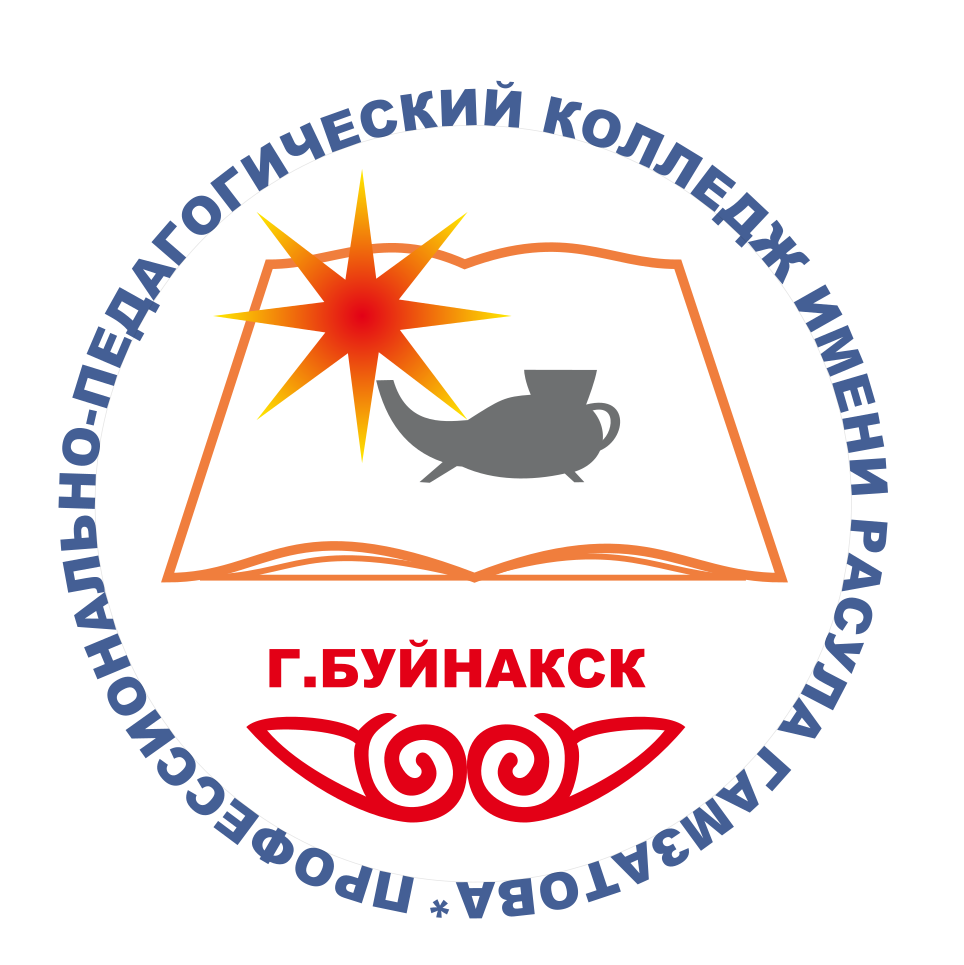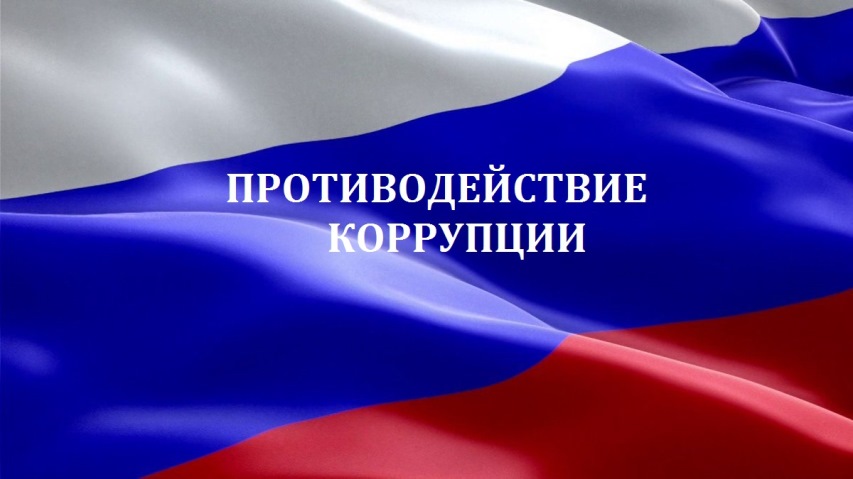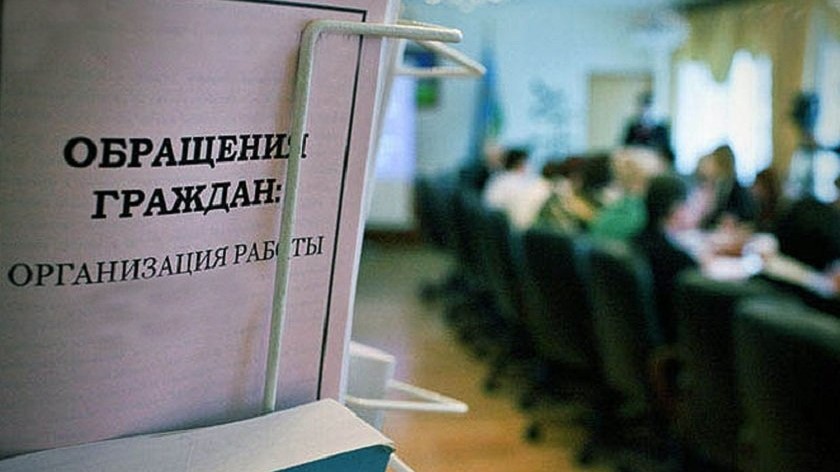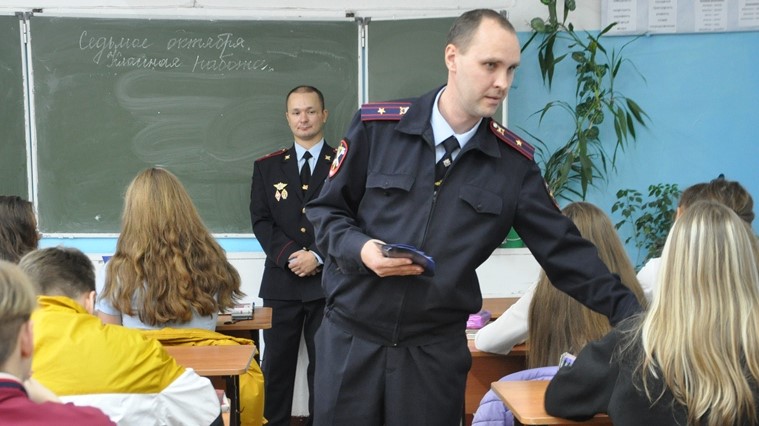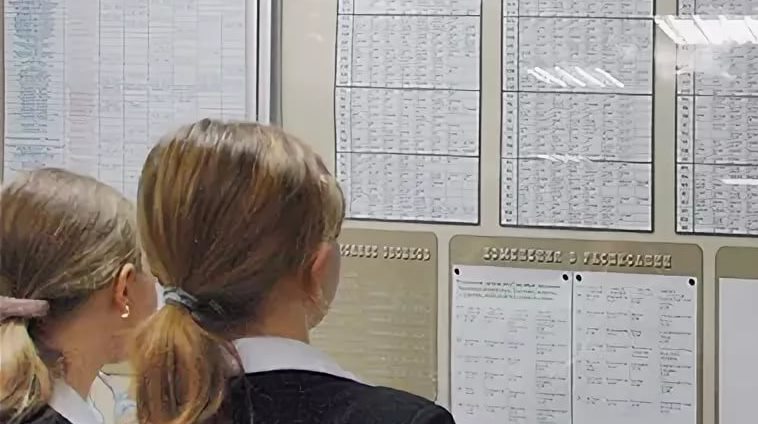Подготовила: Гаджиева Д.М.
Тема: Прилагательное. Степени сравнения прилагательных
Цели: - активизировать употребление прилагательных в речи, закрепить грамматические навыки по теме «Степени сравнения прилагательных».
- развивать навыки монологической и диалогической речи, развивать мышление, память, логику, развивать грамматические навыки, развитие навыков аудирования, а также поискового чтения.
- научить учащихся задавать вопросы и умело отвечать на них.
Тип урока: урок – закрепление.
Оборудования: мультимедиа проектор, карточки, учебники, мел, наглядность.
Ход урока.
1. Организационный момент.
- Good day everybody!
- How are you? I’m not bad, thanks.
- Let’s begin our English lesson.
- The theme of our lesson is the adjective and degrees of comparison.
- Listen to aims: to fix grammar skills about the theme,
to make active adjective using in speech,
to develop skills of oral speech,
to develop skills of searching reading and listening comprehension, to teach you to answer the questions.
2. Речевая разминка.
Teacher: Well. How do you characterize this weather using adjectives.
Students: The weather is cold , and snowy, the sky is overcast . It is nasty.
Teacher: You are right. What season is it now? (Winter) What month is it now? (December) Well. Now look at the board.
3. Развитие навыков поискового чтения.
There is a text about winter where you can find a lot of adjectives.
But at the beginning lets acquaint with unknown words. Open your vocabularies. (Работа в словарях. Закрепляют хором.)
Gloomy [glu:mi] – хмурый, мрачный
Cover [k v ] – покрывать
Freezer [fri:z ] – морозить, замораживать
Roof [ru:f] – крыша
Now, listen your task! Find adjectives.
WINTER
The winter months are December, January, and February. The winter days are short and gloomy. It often snows and it freezes. Winter is a very beautiful season. Some people like it very much. It is pleasant to walk when it is not very cold and it snows.
The ground is covered with snow. The trees and roofs are white with snow to.
I think every season has a charm of its own.
Teacher: Answer the questions, please.
1. Name the winter months. (The winter months are December, January and February)
2. Which is the first? (December)
3. Is winter a beautiful season? (Yes, it is)
4 . Is the frost in the air? (Yes, it is)
5.Is these often snow on the ground?( No, there is not often snow on the ground)
6.What charm has winter? (Snow)
44. Развитие грамматических навыков по теме «Степени сравнения прилагательных»
Teacher: - Students, I’m sure that you are very clever and you can advise me what select, but I need things which is warmer and bigger. Help me
Which is warmer? - A coat or a blazer?
Which is bigger? - A house or a castle?
Which are warmer? – Boots or shoes?
Which is bigger? – A ball or the Earth?
- Well, what adjectives are used in the questions?
- Warmer and bigger…
- How do you translate them?
- Теплее и больBut how do you translate the word - Большой и Теплы? Итак, настало самое время озвучить правило образования степеней сравнения прилагательных.
(Рассказывает студентка.)
5. Выполнение упражнений.
Teacher: - Now let’s do some exercises to fix. Look at the board
Complete the sentences with comparative degree
F. ex : In the country houses are smaller than in the city.
- In the city houses are … then in the country. (tall)
- In the city rivers are … than in the country. (dirty)
- In the country gardens are … than in the city. (big)
- In the country air is … than in the city. (fresh)
- In the country people are … than in the city. (health)
Exercise № 2
Find mistakes and correct them.
- 1. My new car is fastest than my old one.
- 2. London is more big than Oxford.
- 3. The Eiffel Tower is the more famous place in France.
- 4. Is Rome old than Venice?
- 5. Bill is the goodest student in the class.
- 6. Nick is tallest in his family.
- 7. This is a very nicer dress.
- 8. The weather today is worser than yesterday.
- 9. I am younger then Sam.
- 10. Apples are best for your health than sweets.
- 11. Pluto is the farest planet from the Sun.
- 12. She is the taller of all.
- 13. I think Susan is the beautifulest girl in the school.
- 14. Your homework is more hard than mine.
- 15. Skiing is one of the more dangerous sports.
7. Работа по карточке.
Teacher: Now it’s just the time for the work on cards. (студентам раздаются карточки с заданием- образовать степени сравнения прилагательных. Карточки проверяют на уроке- студенты меняются карточками.)
Wide, large, deep, bad, beautiful, busy, dirty, good, thick, thin, big, short
Wide – wilder – the widest Thick – thicker – the thickest
Large – larger – the largest Thin – thinner – the thinnest
Deep – deeper – the deepest Big – bigger – the biggest
Bad – worse – the worst Short – shorter – the shortest Beautiful – more beautiful – the most beautiful
Busy – busier – the busiest
Dirty – dirtier – the dirtiest
Good – better – the best
Thick – thicker – the thickest
8. Аудирование.
Teacher: Take lists of paper and colour pencils.
I’ll read you sentences and you must draw them. Be attentive.
1. The red box is bigger than blue.
2. The yellow ball is smaller than white.
3. The scarf is longer than a kerchief.
4. The tree is higher than a bush.
5. The window is narrower than a door.
6. The black tie is longer than red.
7. The red apple is bigger than green.
8. The blue pen is thinner than red.
9. The sun is longer than a ball.
9. Пословицы и поговорки.
Teacher: Let’s remember proverbs and saying where you can meet adjectives.
- A bad beginning makes a bad ending.
- A broken friendship may be soldered but will never be sound.
- A clean fast is better than a dirty breakfast.
- A fair face may hide a foul heart.
- A good example is the best sermon.
Плохое начало приводит к плохому концу.
Разбитую дружбу можно склеить, но она уже не будет крепкой.
Лучше бедность да честность, чем прибыль да стыд.
Лицом хорош, да душой пригож.
Хороший пример - наилучшая проповедь.
10. Подведение итогов и окончание урока.
Teacher: It’s just the time to estimate your work. Your girls, were very active today, your marks are excellent. As for you, girls, your work was not so active. Your marks are good. And then, who was passive today I can’t estimate your work. Try more, please.
Our lesson is over.
See you next week.
Good bye!
